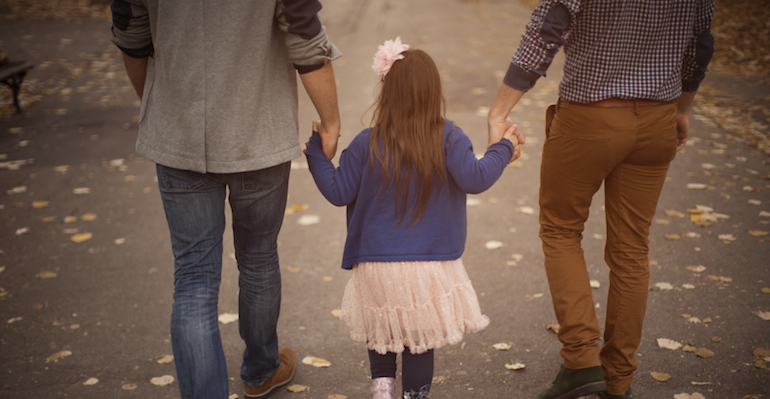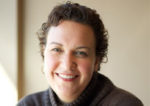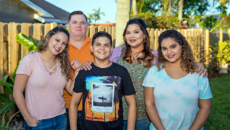While gays and lesbians have always adopted, they may face extra hurdles because of a state’s adoption law, an agency’s philosophy, or the attitude of an individual social worker. Even an agency that welcomes gay parents can subtly (or overtly) steer applicants toward hard-to-place children, and social workers who are uncomfortable with homosexuality may invent “reasons” to find the parents unacceptable.
Before starting a private adoption, gay parents must decide if they are comfortable being out to potential birth mothers during the search and screening process. Those who want to preserve a bit more privacy can work with an attorney or agency who will prescreen to find expectant mothers who are happy to place their child with gay parents. (Our gay families say this is easier than you might think, since many expectant women have been let down by their heterosexual partners.)
While 60 percent of adoption agencies in the U.S. welcome applications from gays, agencies that place children from foster care are the most likely to actually facilitate gay adoptions. (Watch out, though, for the small number of agencies and states that permit gays to foster, but not to adopt.)
International adoption adds another wrinkle, as many foreign countries allow singles to adopt, but don’t officially accept gay adults as prospective parents. Gay prospective adopters wrestle with the question of whether to disclose their sexual orientation to an agency. Advocates for gay adoption encourage gays to be open about their sexuality, and to find a social worker and agency that will work with them.
Since any adoption must be finalized by judges at the county level, adoption for openly gay and lesbian couples is influenced by the community in which they live. The court’s decision hinges on the “best interest” of the child, a concept interpreted differently by different judges. Gay adoption advocates recommend that, to be on the safe side, gay adopters have an attorney who has completed several local adoptions by gay parents represent them at their finalization.
Many of our families report being turned away by several agencies (too old, too single, too gay, too atheist …). If this happens to you, don’t get discouraged, just keep looking. Your child is out there, and there is an agency that will help you.






